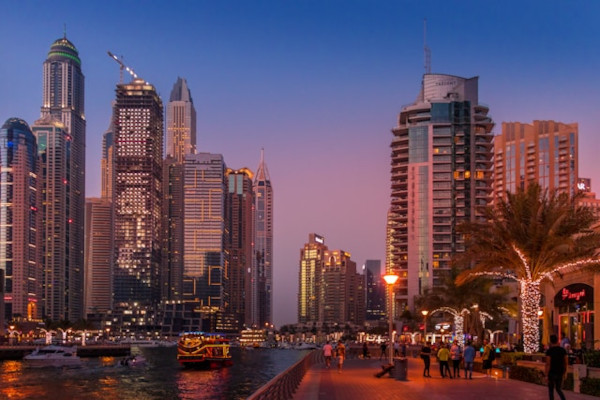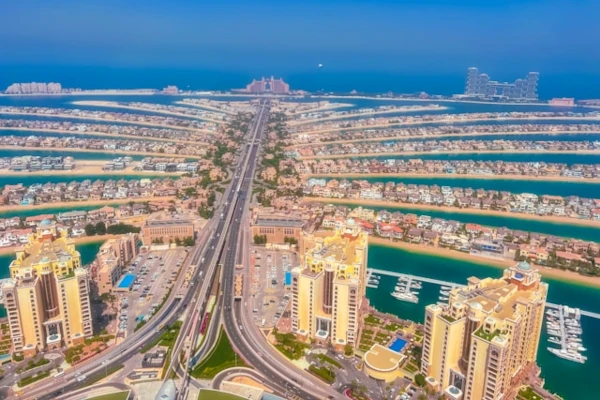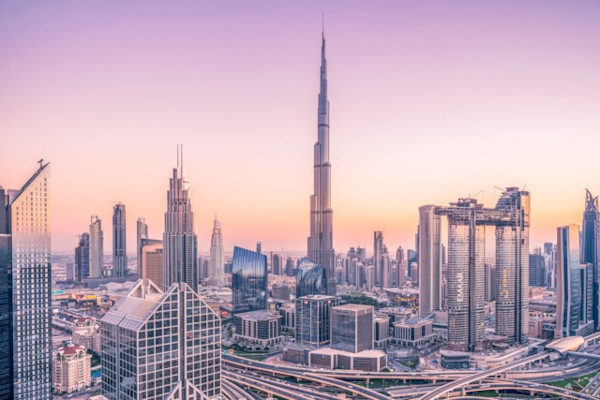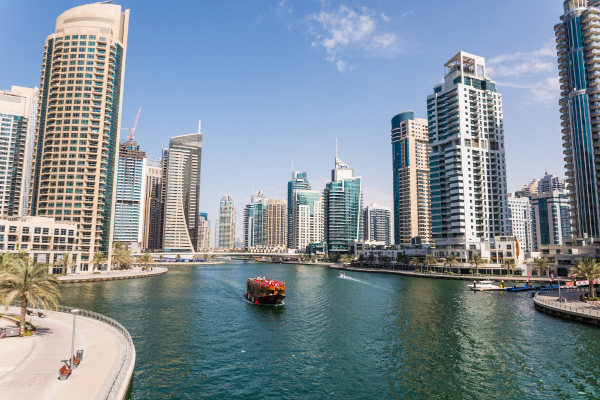Everything you need to know about property inheritance in the UAE in 2024

Nowadays, many Russians prefer to buy property in the UAE. However, investors are often interested in the issue related to the inheritance of purchased housing. Yes-yes, a good broker should be an expert not only in sales, but also understand such legal aspects. Here’s a breakdown of what you and your clients need to know about inheritance in the UAE in 2024.
Religion plays a big role in the rules of property inheritance. Therefore, there are several categories of inheritance:
- under Shariah law;
- under a separate law for non-Muslims;
- under foreign law (in rare cases).
What is Shariah
Sharia 一 is a system of laws and regulations based on the Islamic religion that governs the behaviour of Muslims in various spheres of life. Sharia covers aspects such as morality, ethics, family and criminal law, etc. The purpose of the Shariah is to create a just society based on the principles of Islam.
.jpg)
Inheritance of property for Muslims
There is a special law regulating inheritance No. 28/2005 "On Personal Status" in the UAE. In addition to it, the norms of the Shariah come into force. Therefore, the real estate (and other assets) of the deceased passes into the ownership of the nearest male relatives and parents. A son inherits several times more than a daughter. If a person has no direct male heir, then even a nephew can inherit most of the property. Of course, such a disproportionate system leads to inequality between the genders, but it exists and has been actively used for many years.
By the way, Muslims are forbidden to make wills. The exception is only 1/3 of all property, the rest must be distributed by law.
Inheritance rules for non-Muslims (without a will)
On 1 February 2023, Federal Law No. 41/2022 "On Personal Status" for foreigners and non-Muslims came into force in the UAE. It primarily regulates the protection of women’s rights and simplifies life in the United Arab Emirates for expats.
Inheritance arrangements if a non-Muslim passes away:
- 50% is inherited by the spouse;
- The remaining 50% is divided between the children or parents (if there are no children).
This order of inheritance differs from the Shariah norms and secures the principle of equality between women and men. It is possible to change the order of inheritance yourself by making a will.
.jpg)
The main myths about inheritance
Myth 1: It is no longer necessary to make a will
No, this is not true. If your client is not a Muslim, persuade them to make a will as soon as they buy a property. In order to reduce all sorts of risks, it is necessary to spell out the entire order of inheritance in this document. Thus your client will greatly simplify the life of his loved ones in case of unforeseen circumstances. However, you need to be extremely careful: even the smallest mistake in the will can lead to its cancellation.
Myth 2: property purchased off-plan in the event of the owner’s death will go to the state
Not always. If the investor did not have a will and relatives, the real estate under obligations may go to the state, for example, for its subsequent sale at auction. Either the developer has the right to go to court and collect the debt through this flat.
However, if there is a will, the property under construction passes to the investor’s heirs mentioned in the document. After the court decision, the developer is obliged to reissue the sale and purchase agreement in favour of the heir.
Conclusion
Despite the adoption of the law for foreigners and non-Muslims, it is necessary to make a will after purchasing a property in the UAE. This way you can save your loved ones from unnecessary worries in case of certain circumstances. In the following articles read about how foreign investors can make a will correctly.








